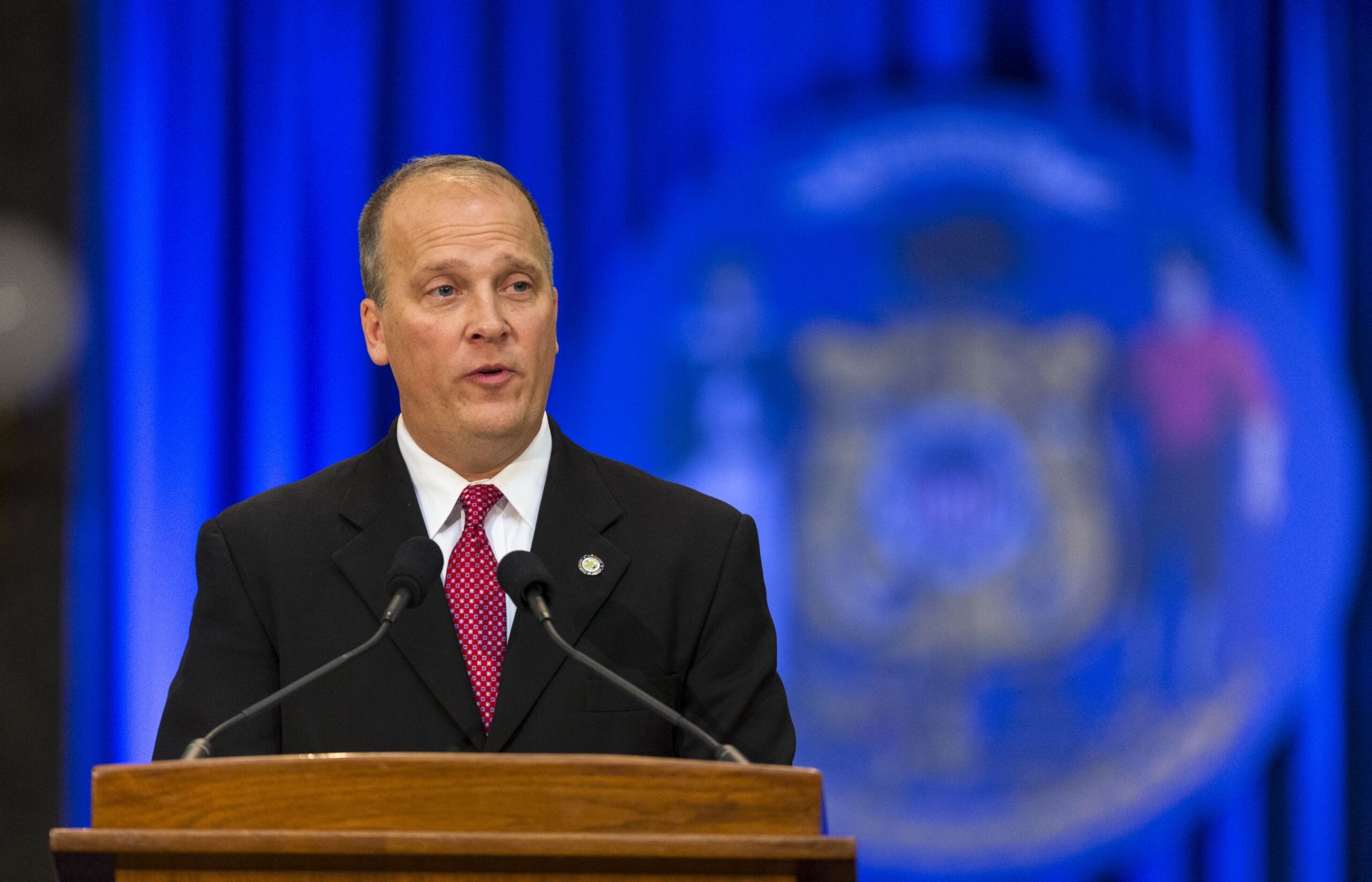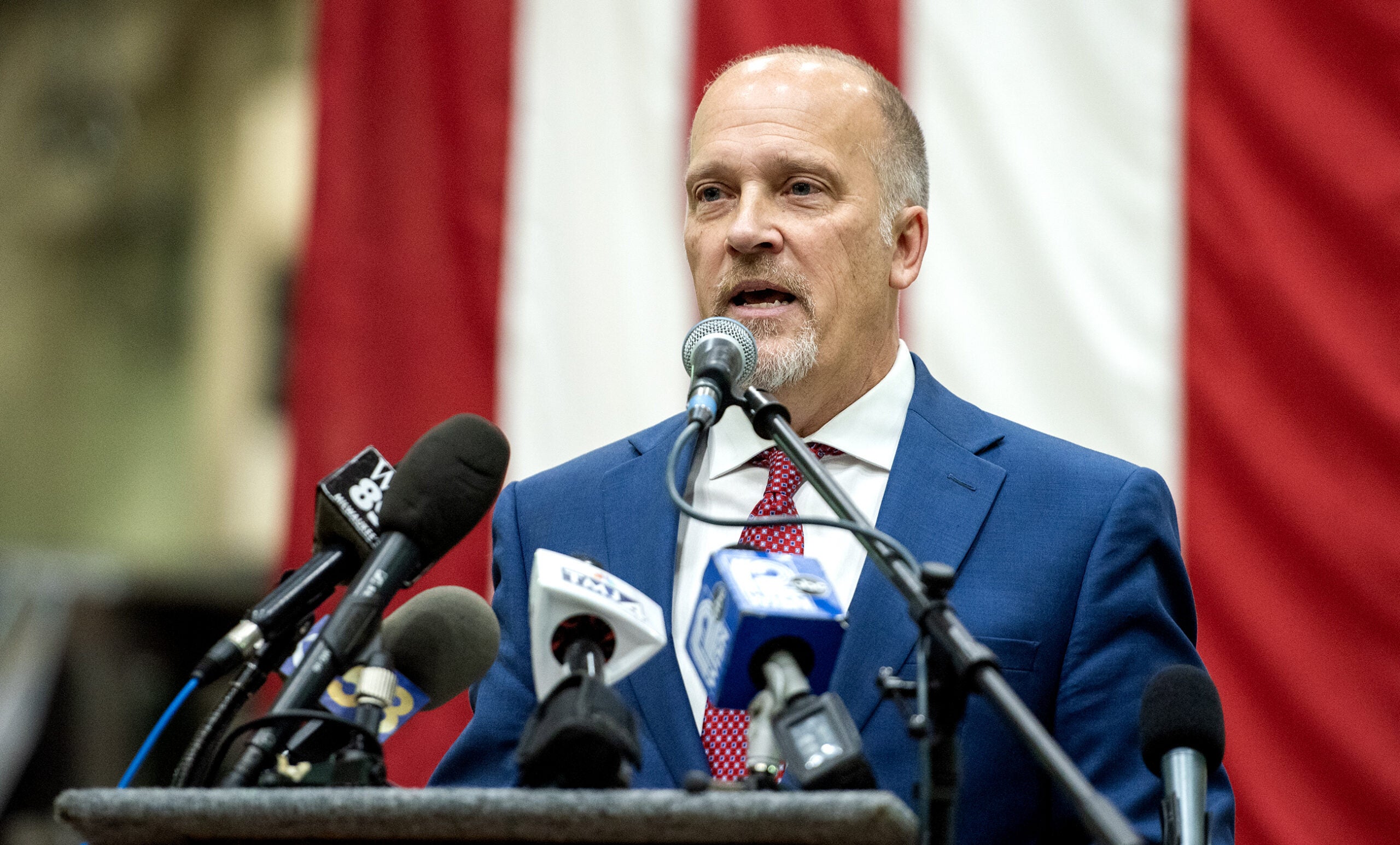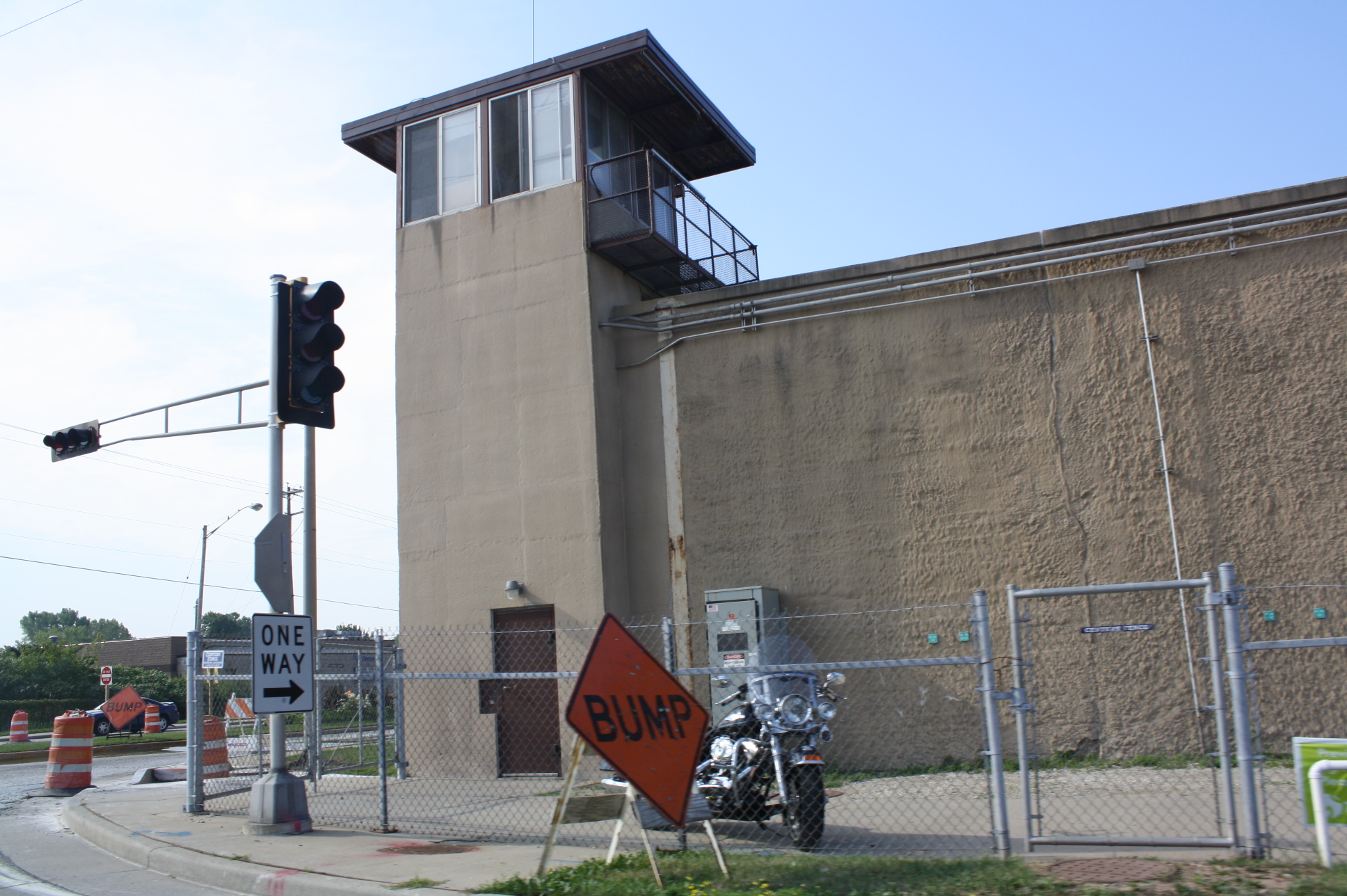Attorney General Brad Schimel says new federal grants approved by the U.S. Senate last week to fight heroin and painkiller addiction will help reduce Wisconsin’s prison population.
Schimel said Monday that Wisconsin has a good shot at getting some of the more than $300 million in federal aid because the state already has programs in place that provide alternative treatment options for drug addicts facing criminal charges. He said the federal aid can be used to expand drug courts and other diversion programs to reduce incarceration rates.
“If addiction was the basis for the activity that got somebody into the criminal justice system, we cannot expect to just lock them up and they’ll come out and they’ll be fine and they’ll have learned their lesson,” said Schimel.
News with a little more humanity
WPR’s “Wisconsin Today” newsletter keeps you connected to the state you love without feeling overwhelmed. No paywall. No agenda. No corporate filter.
Schimel said the federal aid will help the state train more people to use Nalaxone to prevent drug overdoses and to buy expensive drugs like Suboxone that addicts can use to wean themselves off of heroin and addictive painkillers.
He said he also hopes to use grant funds to address the growing problem of children born to women who are addicted to heroin or opiate painkillers. He said those numbers have doubled in Wisconsin between 2009 and 2014 over the past few years.
“Those infants didn’t do anything wrong to be born addicted,” said Schimel. “Whatever we can do to try to get treatment to help those women beat their addiction so their children can be born healthier — that’s money we can very well spend here in Wisconsin.”
Meanwhile, Wisconsin U.S. Sen. Ron Johnson said the new federal funding to fight heroin addiction is part of a broader bipartisan effort to reform the criminal justice system.
He said there’s a growing consensus in Congress that drug treatment both in and out of prison can reduce recidivism. He also said some of the funding can be used to make it easier for addicts who do serve time to stay sober once they leave prison:
“I think we do recognize that just locking people up who abuse drugs is probably not the best solution,” he said.
Efforts by Democrats, including Sen. Tammy Baldwin, to add an extra $600 million to the bill failed. Johnson said the current funding is sufficient, and throwing more money at drug addiction without accountability for how it’s spent is the wrong approach. He said he views the current grants as a pilot project to see what works best. He also said he’s concerned about the cutting federal budget deficit.
Wisconsin Public Radio, © Copyright 2025, Board of Regents of the University of Wisconsin System and Wisconsin Educational Communications Board.







